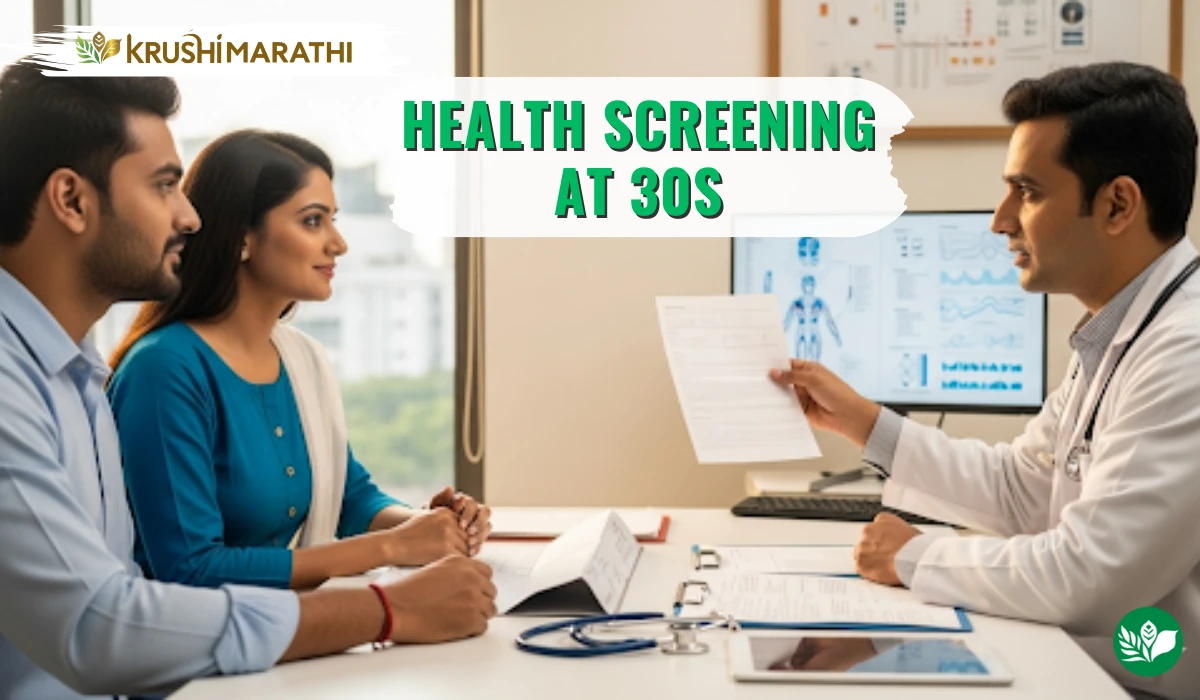Essential Health Tests for Everyone in Their 30s
1. Complete Blood Count (CBC)
This test checks for anemia, infections, and overall health status. Anemia is particularly common in women, and early detection supports immunity and energy levels.
2. Fasting Blood Sugar & HbA1c
These tests screen for diabetes or pre-diabetes. With diabetes cases rising in India, early intervention through diet and lifestyle changes is crucial.
3. Lipid Profile (Cholesterol and Triglycerides)
A lipid profile assesses your risk of heart disease. Detecting imbalances early allows you to manage cholesterol through diet and exercise.
4. Blood Pressure Check
Often called the “silent killer,” high blood pressure may show no symptoms. A simple, affordable test can be lifesaving.
5. Liver Function Test (LFT) & Kidney Function Test (KFT)
These evaluate how lifestyle factors, medications, or alcohol affect your liver and kidneys, ensuring they function properly.
6. Thyroid Function Test (T3, T4, TSH)
Symptoms like fatigue, weight changes, or mood swings may indicate thyroid issues. Early detection makes management easier.
7. Body Mass Index (BMI) & Waist-Hip Ratio
Excess abdominal fat (central obesity) signals future health risks. Simple measurements can reveal critical insights.
Tests for Men in Their Late 30s
-
Testosterone Level Check : Essential for addressing low energy, reduced libido, or mood changes.
-
Prostate Screening (PSA) : Recommended if there’s a family history of prostate issues; consult your doctor.
-
Abdominal Aortic Aneurysm (AAA) : A one-time ultrasound is advised for smokers or those with a family history.
Tests for Women in Their Late 30s
-
Pelvic Exam & Pap Smear : Crucial for early detection of cervical cancer or infections.
-
Breast Self-Exam & Clinical Breast Exam : Perform self-exams monthly and schedule clinical exams every 1–3 years.
-
Vitamin D & Calcium Tests : Common deficiencies in women affect bone health and hormonal balance.
-
Hormonal Panel (FSH, LH, AMH) : Useful for irregular periods or family planning.
Practical Steps to Take
-
Consult Your Doctor : Share your family medical history for personalized advice.
-
Schedule Annual Checkups : Regular tests help track health trends over time.
-
Adopt a Healthy Lifestyle : Focus on a balanced diet, regular exercise, adequate sleep, and stress management.
-
Use Trusted Facilities : Government hospitals like AIIMS or ICMR-affiliated centers offer reliable, affordable testing.
Why It Matters
Health screenings in your 30s are like an insurance policy for your future. These tests provide a roadmap to your health, helping you catch minor issues before they become major problems. In a fast-paced world, prioritizing preventive care is a smart investment in your well-being.
Disclaimer : This article is for informational purposes only. Always consult a qualified doctor for any health concerns.














